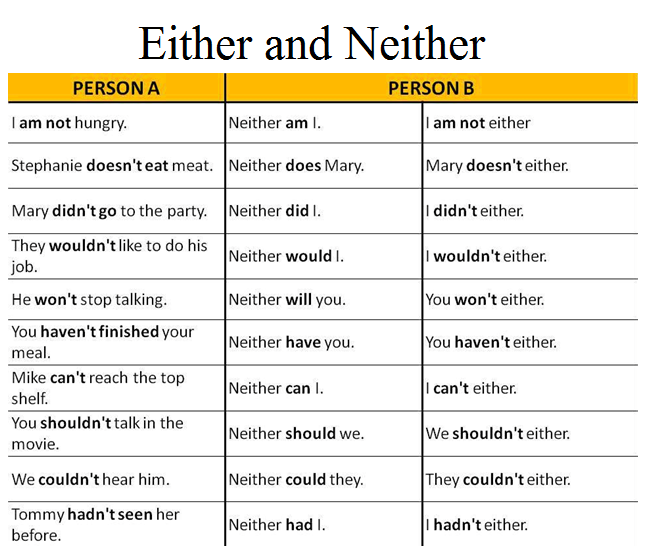Wednesday, December 02, 2020
Posted by Analía at 4:57 AM 0 comments
Labels: Agreement and disagreement
Monday, April 15, 2013
Saturday, November 06, 2010
GERUNDS AND INFINITIVES
Posted by Analía at 7:44 AM 0 comments
Labels: GERUNDS AND INVINITIVES, POSSESSIVES+GERUNDS, PREPOSITIONS+GERUNDS
Thursday, September 02, 2010
Monday, November 30, 2009
The Subjunctive
Learn and practice in the following pages. Very important topic for the Ecce
Learn and practice

Posted by Analía at 7:34 AM 1 comments
Labels: Subjunctive
Inversion with negative adverbials – adding emphasis
Posted by Analía at 7:01 AM 0 comments
Labels: Inversion with negative adverbials – adding emphasis
CAUSATIVE VERBS
(Click on the picture to enlarge)

Posted by Analía at 6:05 AM 1 comments
Labels: Causative Verbs
Monday, November 09, 2009
CONDITIONALS MEGA POST
Conditional sentences: Videos
Posted by Analía at 7:02 AM 0 comments
Labels: Conditionals
Wednesday, October 21, 2009
USED TO and WOULD
When we are telling a story and recollecting an event from long ago, we often prefer to use would to describe repeated behavior in the past, although both would and used to are possible. Note that would describes past events and actions. It cannot be used to refer to past states. To describe past states we can only use used to: Used to can be used for repeated/habitual actions AND states. Would can only be used to talk about repeated/habitual actions in the past.
State verbs generally fall into 4 groups and you can't use "Would" to refer a past habit in the past. Use Used to with these verbs!!
Emotion: love, hate, want, need
Possession: have, own, want, belong
Senses: see, hear, smell, seem
Thought: know, believe, remember
Used To
Posted by Analía at 7:31 AM 0 comments
Labels: USED TO and WOULD
Wishful statements
The word wish is similar in meaning to the expression "would like":
 | I wish I had a big house = I would like to have a big house. (My house now is small) | ||
 | I wish I had been there = I would like to have been there.(but I wasn't there) | ||
 | I wish you would stop talking = I would like you to stop talking. | ||
 | I wish to see the manager = I would like to see the manager. | ||
 | I wish you a Merry Christmas = I would like you to have a Merry Christmas. |
Its main use is to express regret that things are not different. It is possible to use wish in this way to talk about both the present/future and the past:
 | I wish (that) I weren't here now.(I'd like to be somewhere else!) | ||
 | I wish (that) I didn't have to go to school tomorrow.(...but I have to) | ||
 | I wish (that) I had studied harder when I was at school.(I didn't study enough) |
Notice that the verb tenses that follow wish are the same as those used in the second and third conditionals (see Grammar definitions).
Also notice the word that can be omitted in more informal speech.
The expression wish … would is used to talk about (lack of) willingness to do things:
 | I wish you would tidy your room.(becasue your room is a mess) | ||
 | I wish you wouldn't always come home so late. (you never come on time |
In a formal style, wish + (object) + infinitive can be used in the same way as "want":
 | I wish to speak to the director. | ||
 | Do you wish me to serve refreshments, sir? |
 | Wish is also used in some fixed expressions: | ||
 | I/we wish you a Merry Christmas (and a Happy New Year). | ||
 | I/we wish you well/all the best. (sources: http://www.britishcouncil.org/learnenglish-central-grammar-wish.htm) |
WISH
WISH CHART
Posted by Analía at 6:06 AM 0 comments
Labels: WISH













